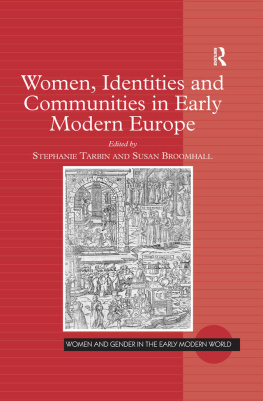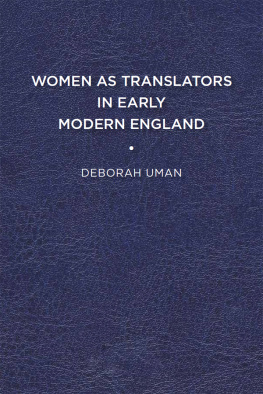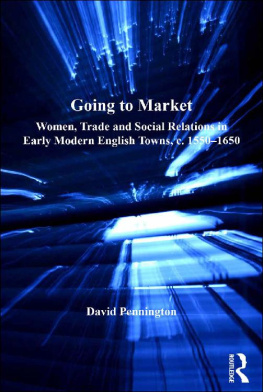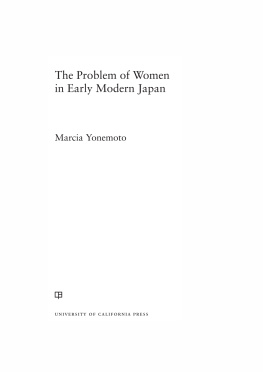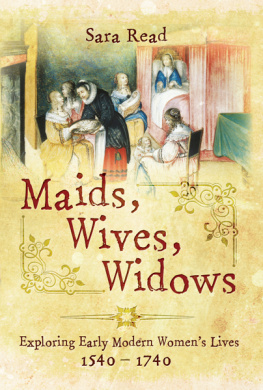Pamela Hammons - Poetic Resistance: English Women Writers and the Early Modern Lyric
Here you can read online Pamela Hammons - Poetic Resistance: English Women Writers and the Early Modern Lyric full text of the book (entire story) in english for free. Download pdf and epub, get meaning, cover and reviews about this ebook. year: 2020, publisher: Routledge, genre: Children. Description of the work, (preface) as well as reviews are available. Best literature library LitArk.com created for fans of good reading and offers a wide selection of genres:
Romance novel
Science fiction
Adventure
Detective
Science
History
Home and family
Prose
Art
Politics
Computer
Non-fiction
Religion
Business
Children
Humor
Choose a favorite category and find really read worthwhile books. Enjoy immersion in the world of imagination, feel the emotions of the characters or learn something new for yourself, make an fascinating discovery.

- Book:Poetic Resistance: English Women Writers and the Early Modern Lyric
- Author:
- Publisher:Routledge
- Genre:
- Year:2020
- Rating:3 / 5
- Favourites:Add to favourites
- Your mark:
Poetic Resistance: English Women Writers and the Early Modern Lyric: summary, description and annotation
We offer to read an annotation, description, summary or preface (depends on what the author of the book "Poetic Resistance: English Women Writers and the Early Modern Lyric" wrote himself). If you haven't found the necessary information about the book — write in the comments, we will try to find it.
This title was first published in 2002: Pamela Hammons study contributes to the booming field of early modern women writers by contextualizing and analyzing a unique configuration of underexamined womens texts. By examining how 17th-century English womens composition of lyrics intersects significantly with the social experiences of the writers, the book challenges assumptions that have limited the study of early modern womens writing and reveals the power of lyrics in womens reconceiving or changing of their positions in society. Here Hammons reconsiders how generic conventions were employed as a means by which women writers could borrow from socially sanctioned poetic traditions to express potentially subversive views of their social roles as mothers, religious leaders, widows, and poets. Although the narrative concentrates on early modern lyrics, it also treats contemporary plays, epics, prose polemics, conversion narratives, religious treatises, newsbook articles, and Biblical texts in building its arguments. The study engages extensively with issues concerning manuscript and social texts in the context of print culture through the close examination of a variety of textual practices.
Pamela Hammons: author's other books
Who wrote Poetic Resistance: English Women Writers and the Early Modern Lyric? Find out the surname, the name of the author of the book and a list of all author's works by series.

